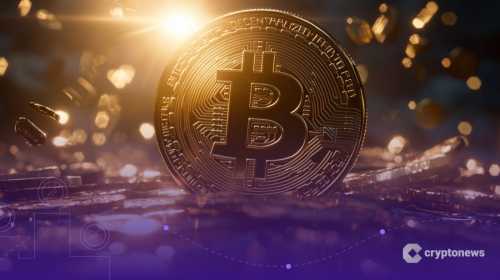Cardano (ADA) price declines, but daily transactions rise
Good data on the chain has failed to improve Cardano’s price. Positive chain data hasn’t helped the price of Cardano (ADA), which has fallen 17.6% in the past week. Despite the fact that Charles Hoskinson’s (Cardano’s creator) blockchain has once again become one of the most active networks in terms of the daily number of transactions processed, the cryptocurrency’s price continues to fall.
What is ADA cryptocurrency?
Cardano is a blockchain platform with its own internal cryptocurrency called ADA. It was founded in 2015 by Ethereum co-founder Charles Hoskinson and launched in 2017. Since then, the token has returned 7.08 thousand percent to investors. ADA is named after Ada Lovelace, a 19th-century British countess known for her work on the computing machine. She is considered the world’s first programmer.
ADA has already lost almost 18% of its value in the last 7 days
ADA is trading at $0.833, 73% below its record high of $3.09 reached on September 2, 2021. The cryptocurrency continues to lose value despite upbeat data on the chain, and has already returned to the February 2021 mark.
Is Cardano ahead of the odds for a rebound?
According to blockchain company Messari, Cardano is experiencing an explosion of activity on the chain, with transaction volume already second only to bitcoin in the last 24 hours.
ADA’s daily transaction volume reached $17.04 billion, putting it right behind BTC with $18.85 billion and well ahead of the ETH network with a daily volume of $5.25 billion.
User activity on the ADA network increased significantly in February, with daily transaction volume exceeding $35 billion on February 14. While these results are encouraging, they are still a far cry from the record of September 3, 2021, when the network processed $138 billion in transactions in 24 hours.
Despite this discrepancy, Cardano was listed by global investment firm Morgan Stanley as one of four “Ethereum Killers,” which includes blockchains capable of overtaking Ethereum in the smart contracts sector due to lower costs and greater speed.



